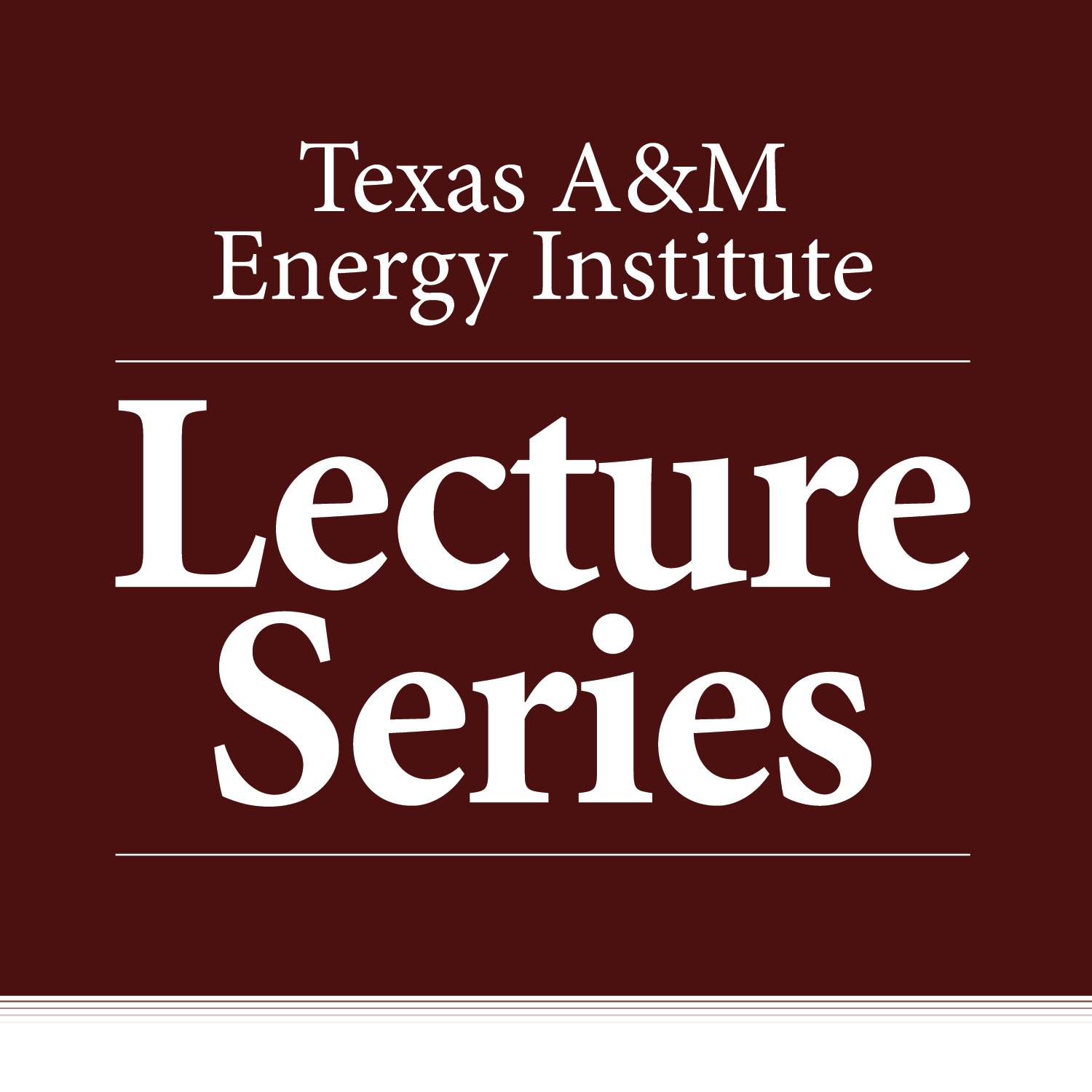
A Novel Multi-Objective Mixed-Integer Programming Algorithm and Applications for Energy Systems
The next presentation in the Texas A&M Energy Institute Lecture Series, featuring Dr. Metin Turkay, a Professor of Industrial Engineering at Koç University, will be held on Friday, April 27, 2018 from 10:00 AM – 11:30 AM in the Frederick E. Giesecke Engineering Research Building (GERB) Third Floor Conference Room. The topic will be “A Novel Multi-Objective Mixed-Integer Programming Algorithm and Applications for Energy Systems.”
Biography
Metin Turkay holds a Ph.D. from Carnegie Mellon University (1996) as well as a Master of Science (1991) and Bachelor of Science degrees (1989) from Middle East Technical University. His research focuses on optimizations theory, mixed-integer programming, and development of novel solution algorithms for mixed-integer programming problems and machine learning. He is applying these theoretical developments on energy planning, sustainable energy, sustainable supply chain management and logistics, the design of transportation systems with special emphasis on urban logistics and systems biology. Before joining Koc University in 2000, he was a principal consultant on optimization technologies at Mitsubishi Corporation Mizushima Research Center. His doctoral work and publications on general disjunctive programming were selected to be the most innovative study among all Ph.D. dissertations completed in the US and he received the 1997 Ted Peterson Student Paper Award from the CAST Division of AIChE. He is also the recipient of the Scientific and Technological Research Council of Turkey (TÜBİTAK) Career Award (2005), the TÜBİTAK Young Researcher Incentive Award (2006), Turkey’s first IBM Shared University Research Award (2007), the IBM Faculty Award (2009) and the Open Collaborative Research Award by IBM Haifa Research (2012). He set up the Koc-IBM Supply Chain Research Center with funds from the IBM Shared University Research Award. In 2006, he was elected as the Chair of the EURO Working Group on Computational Biology, Bioinformatics, and Medicine.
Abstract
Most real-life decisions in the energy systems involve more than a single criterion that are often conflicting with each other resulting in a Multi-Objective Optimization Problem (MOOP). The solutions that do not have better objective function values compared to other solutions are characterized as nondominated in the objective function space and efficient in the decision space. Finding the non-dominated (or efficient) solutions is one of the most important tasks in solving MOOPs. An important characteristic of the energy systems is the presence of both continuous and discrete decisions. Existing algorithms are used for solving some variants of MOOPs including continuous variables or discrete decisions only. An algorithm that generates the exact set of efficient solutions for Multi-Objective Mixed-Integer Linear Programming (MOMILP) problems is not available in the literature. In this talk, we present a novel algorithm that generates the non-dominated and efficient solutions for the MOMILP problems as points, line segments, and facets of the set of efficient solutions. We present the theoretical analysis and illustrate its effectiveness in a set of benchmark problems. One of the most important application areas of MOMILPs is the energy sector where the compromise between economic considerations and environmental impact is always present: the energy sector is responsible for 83% of anthropogenic greenhouse gas emissions. We illustrate the application of the novel approach on several cases from the energy sector. The first case is derived from a strategic-decision to allocate investment in updating/upgrading an existing energy generation system with a multi-period bicriteria optimization model. The system is modeled using the real data from an existing cogeneration system in Japan that explores the integration of biodiesel and carbon capture and sequestering technologies. The second problem analyzes the fuel cost and emission impacts of electric (and hybrid) vehicles. Our results that are obtained using the real data from electricity trading market indicate that the economic and environmental impacts of electromobility are highly sensitive to the market penetration rates of these vehicles and primary energy sources in the grid.

